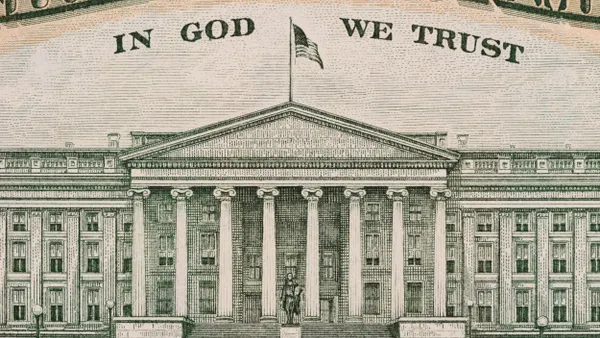Raytheon chief executive William Swanson is paying a hefty price for committing plagiarism.
The world’s largest maker of missiles announced on Wednesday that it would not raise Swanson’s salary above its 2005 level, and will reduce the amount of restricted stock for which he is eligible in the coming year by 20 percent.
In 2005, Swanson’s salary was $1,120,934, up 15 percent from the prior year. His restricted stock awards were worth nearly $3 million, up more than 25 percent from the prior year. Altogether, Swanson earned more than $7 million last year.
Last month, The New York Times reported that a free booklet that Swanson had distributed, “Swanson’s Unwritten Rules of Management,” contained many similarities to a 1944 book titled “The Unwritten Laws of Engineering,” written by W. J. King, an engineering professor at the University of California, Los Angeles. The newspaper noted that the likenesses were discovered by Carl Durrenberger, a chemical engineer and blogger in San Diego, after reading Swanson’s list of rules on USA Today’s website on April 14.
The day after the Times story ran, Swanson acknowledged that he did “not properly credit” the 1944 text when he wrote his book. In a statement at the time, Swanson reportedly admitted that the similarities between his book and the 1944 test were “beyond dispute.”
In a joint statement issued Wednesday following the company’s annual shareholders meeting, Michael Ruettgers, incoming lead director, and Warren Rudman, outgoing lead director, said that the board expressed “deep concern over the disclosures involving The Unwritten Rules,” but believes that the CEO acted appropriately in taking “full responsibility for the issues associated with the source materials.”
The two officials also stressed that the board is taking the matter very seriously. Nevertheless, they insisted, the situation shouldn’t overshadow Swanson’s “extraordinary vision and performance” in leading the company during the past three years. “We continue to have full confidence in Mr. Swanson’s leadership, which we reaffirmed to him today,” they added in the statement.
“I did not properly check source material,” Swanson acknowledged at the annual meeting, according to Bloomberg. “I apologize to those whose material I wish I had treated with greater care.”












